Selected Store
Ηγεσία. Θεωρίες ηγεσίας, From the Aristotelian orator to the modern leader
- Author: Σωτηρία Τριαντάρη - Μαρά
- Publisher: Stamoulis Ant.
- Μορφή: Soft Cover
- Έτος έκδοσης: 2020
- Αριθμός σελίδων: 324
- Κωδικός ISBN-13: 9789606560125
- Διαστάσεις: 17×24
Σωτηρία Τριαντάρη - Μαρά
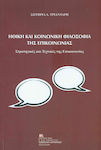

Religion & Metaphysics Books
Η Έννοια Του Κάλλους Στο Διονύσιο Αρεοπαγίτη, Theoretical approach to Byzantine Art. Contribution to Aesthetic Philosophy.
Ad from Vivliodiktyo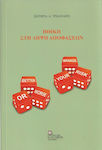

Classical Literature Books
Η ρητορική, η τέχνη της επικοινωνίας από την αρχαιότητα στο Βυζάντιο, The update of rhetoric and its evolution.
Ad from Vivliodiktyo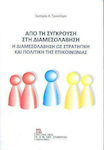
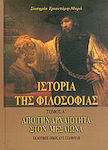
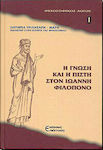

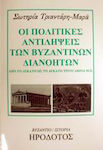
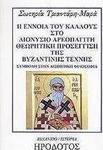
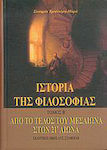
Philosophy Books
Ιστορία της φιλοσοφίας, From the end of the Middle Ages to the 21st century
from 35,62 €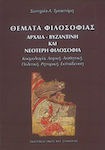


Similar products

Political Books
Αιχμάλωτοι της Γεωγραφίας, Everything you want to know about the global political scene in 10 maps
Ad from Bookliberty
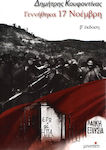

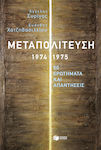


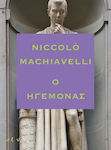
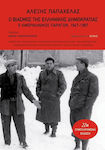
Political Books
Ο βιασμός της ελληνικής δημοκρατίας, The American factor, 1947-1967
Ad from SilverProducts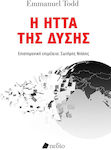
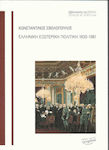
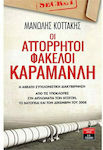
All shops
Prices are calculated for:Luxembourg, Other Payment Options
- 17,81 €
- 20,35 €
- 17,81 €
- 20,35 €
- 18,51 €
Description
The timeless value of ethics and social philosophy of the ancient Greeks, with Aristotle as their "foremost" representative, is evident in the realm of leadership, particularly in the definition, theories of leadership, leadership models, standards, and styles. Aristotle's ethical philosophy in the "Nicomachean Ethics" in conjunction with his comprehensive manual on Rhetoric, both products of the great philosopher's pen, shape the model of "virtuous" ethics and the leader's communicative interaction. The four ancient Greek virtues of wisdom, prudence, justice, and courage, along with their derivatives, constitute the essential tools of communication strategy, motivation, and decision-making for the leader. This study was written during the crisis of the Covid-19 pandemic in Greece, as well as throughout Europe. Therefore, it aspires to be a comprehensive manual on the role and personality of the excellent leader, their self-awareness and emotional intelligence as assets for empowering and encouraging their own and their employees' in Organizations and Businesses after the economic, social, ethical, and psychological chaos caused and continued by the pandemic. Leaders are tested in times of crisis and in constantly changing environments. The modern form of a pandemic has become an occasion to once again emphasize the dynamic concept of influence, impact, and persuasion that a leader can exert. Their actions and thoughts are judged within the framework of Aristotelian ethical realism. The leader has only two aspects to display: the creative aspect, where within the crisis they find the opportunity to envision, recreate, organize, inspire, and coordinate, transforming chaos into opportunity, into possibility. The other aspect is self-destructive, in which through their behavior resembling the dark side of a Machiavellian egotist and arrogant leader, they become the cause of their own self-isolation, creating their own psychological chaos!
Specifications
- Subtitle
- From the Aristotelian orator to the modern leader
- Format
- Soft Cover
- Number of Pages
- 324
- Publication Date
- 2020
- Dimensions
- 17x24 cm
Important information
Specifications are collected from official manufacturer websites. Please verify the specifications before proceeding with your final purchase. If you notice any problem you can report it here.


























